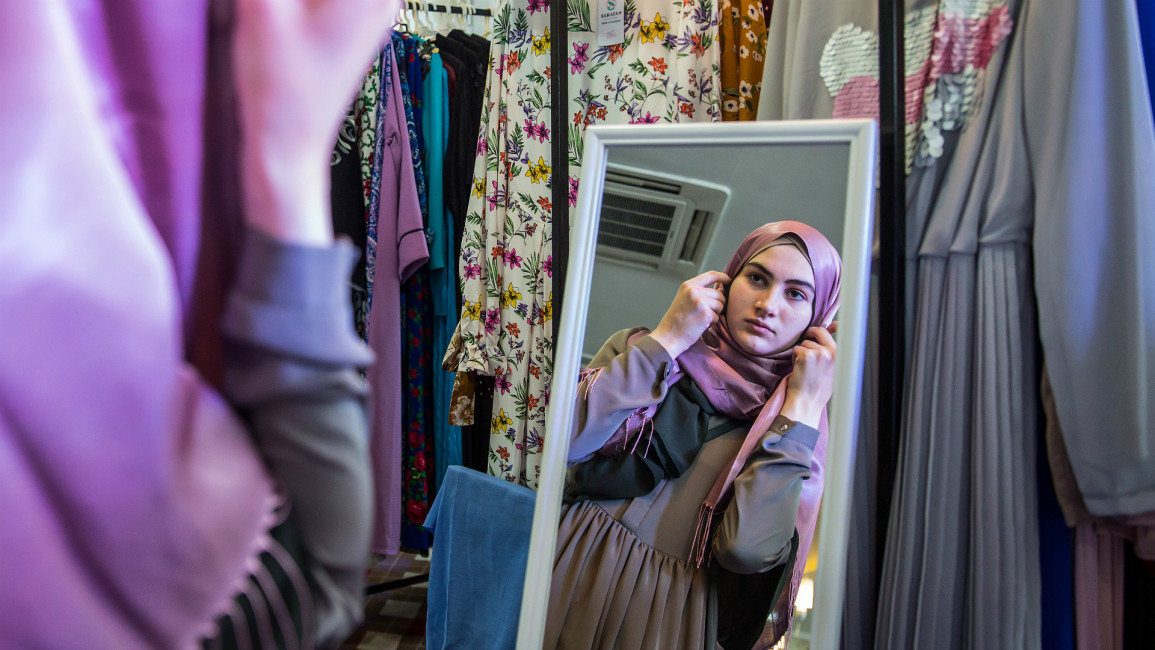
Why should I be made to feel guilty for eating during Ramadan?
Now, before you start exclaiming astagfirullah and throwing Zam Zam water over me, let me explain. I belong to a group of people who are exempt from fasting. This group includes pregnant, postpartum and menstruating women, the sick and mentally ill.
However, even though I'm exempt and well within my rights to eat, I still feel an overwhelming rush of guilt every time I eat or drink something during this holy month.
This 'guilt' is not a new feeling. Every year when it was 'that time of the month' I would resist eating unless I was really hungry, worried that I'd lose the momentum or that I was taking it easy while those around me fasted and suffered.
I'd overcompensate by doing more chores and cooking because I was less weak than a fasting person. Of course my reasoning was ridiculous.
Every female reading this will know that being on your period is not a 'break' at all. It can make you feel weak, tired, vulnerable, emotional and, at worst, sick.
In Islam women are exempt from fasting during this time in order to preserve and maintain their health.
By hardly eating and doing more work than usual I was making a mockery out of the whole thing.
— Amena (@amenaofficial) May 31, 2018
|
And it's not just me. Hundreds of Muslim women recently took to Twitter complaining that they were being 'period-shamed' for eating during Ramadan.
The debate sparked from a viral Twitter video made by Erin Clegg (@stanakmu_) who admonishes people for judging women eating in public during Ramadan.
— Erin 🏳️🌈 (@stanakmu_) May 23, 2018
|
This year I made the decision not to fast for the sake of my health. To many this means I've had a lucky escape, yet I felt anything but lucky.
I miss the quench in my throat after taking that first sip of water. I miss the way something as simple as peanut butter toast tasted like a gourmet meal after 15+ hours of fasting.
I miss the happiness and ease I feel knowing that the prayer of a fasting person doesn't go unanswered. I miss being a part of conversations with family members who would talk about their hunger pangs because I couldn't relate.
The guilt I feel when eating during Ramadan is part mindset, part cultural. As a natural people-pleaser the thought of eating in front of hungry friends and family horrifies me – I can't help but over-empathise with them. Putting others' feelings first is a noble and worthy trait, but not when it begins to affect your own health.
Then there's the cultural side. Growing up in a South Asian household I was taught to be discreet when I wasn't fasting. This discretion was amplified after I got married and noticed that no one ate in front of the men when they were on their period.
Now, as I sit here with my empty sandwich box, I wonder how I can ease this feeling.
It's akin to the guilt we feel when we leave our kids to work and earn money, or when the food we cook comes from a packet and not our garden.
It's the guilt that women carry inside them because society demands so much from us.
We are mothers, sisters, role models – but we aren't perfect.
A pregnant woman will get dehydrated much quicker and a menstruating woman may suffer low blood sugar levels, so this guilt we feel should be aimed at how we're treating our bodies or unborn babies by depriving them of nutrition. Society can only change when our mindset does.
Stop being a martyr and eat that sandwich.
Sami Rahman is a freelance writer based in London. Follow her on Twitter: @bysamirahman
The New Arab's Ramadan Series: Click on our Special Contents tab to read more on Ramadan 2018:
 |




